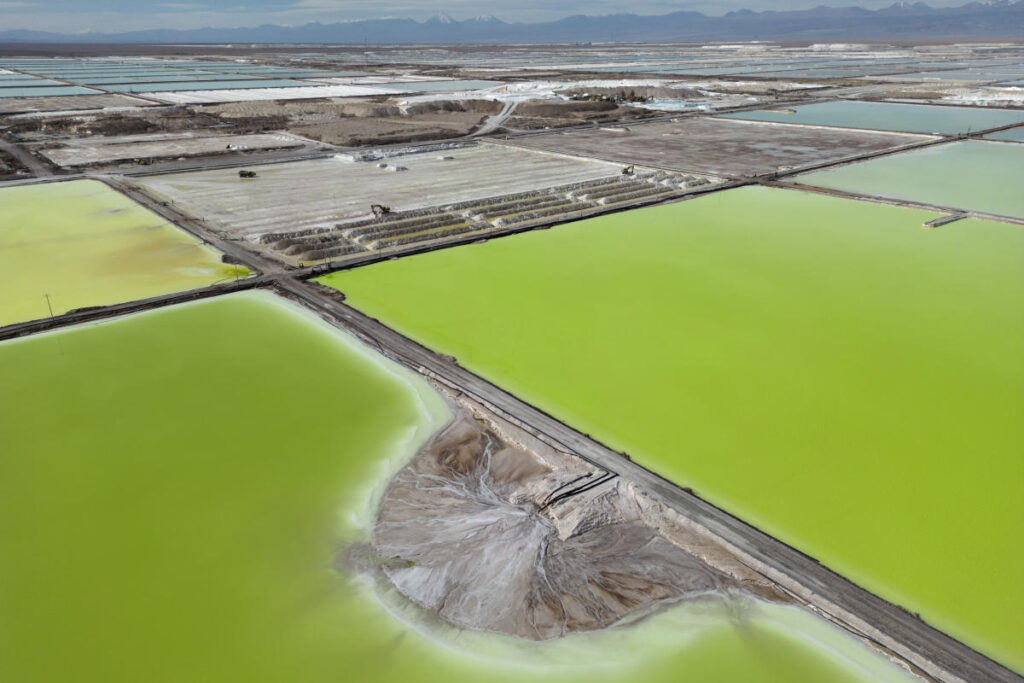BRASILIA, Brazil (AP) – Representatives of indigenous peoples from 35 countries issued a declaration Thursday criticizing the fact that they are rarely consulted about mining taking place on or near their lands, but the issue This problem has become more serious with the increasing demand for minerals needed in Brazil. Transitioning to a cleaner energy system.
“We recognize and support the need to end dependence on fossil fuels and transition to renewable energy as critical to addressing the climate crisis,” the statement said. “However, the current trajectory of the energy transition does not meet standards of justice, social equity and environmental sustainability, particularly from the perspective of indigenous rights and well-being.”
The document comes from a conference on indigenous peoples and a just transition held in New York last week. Indigenous leaders from the United States, Canada, Brazil, Kenya, Australia, Norway and other countries attended.
Lithium, nickel and cobalt are commonly used in batteries and are key to both electric vehicles and expanding production of solar and wind power. Demand for copper and aluminum is increasing as countries' power grids expand. Less well-known rare earth elements are used in electric motor magnets.
Mining has left a legacy of environmental damage in many places for more than a century and is now expanding.
The declaration also cited increased criminal persecution and attacks against indigenous leaders.
The statement accused both the International Mining and Metals Council, a trade group representing a third of the industry, and the International Seabed Authority of conducting so-called business as usual without respecting the rights of indigenous peoples. Neither group responded to inquiries from The Associated Press.
According to a study published in 2022 in the journal Nature Sustainability, about half of energy transition minerals and metals projects are located on or near the lands of indigenous peoples and other subsistence farmers.
“We are the people who have the least impact on the planet,” Ruth Alipas Cuqui, an indigenous leader from the Bolivian Amazon who attended the conference, told The Associated Press in a phone interview. “Yet we understand that we have to participate in this whole process.” That participation must be inclusive, or the energy transition will not be fair, she said.
Alipas Cuqui cited the conflict in the arid region of Uyuni, Bolivia, where local communities are protesting the heavy use of water for lithium production. The project is still in its infancy and is a joint venture between Bolivia and China. Bolivia's Energy Ministry did not respond to a request for comment.
The main organizers of the conference are Indigenous Rights International, a non-profit organization registered in the Philippines and the United States, and Nia Tero, a non-profit organization supporting indigenous rights, the Christensen Foundation, and Henry Luce. Foundation, received financial support from the Waverly ST Foundation. and the Columbia Center for Sustainable Investment, according to the event website.
___
Associated Press climate and environment reporting receives funding from several private foundations. AP is solely responsible for all content. Learn about AP's criteria for working with philanthropy, a list of supporters, and funded areas at AP.org.


